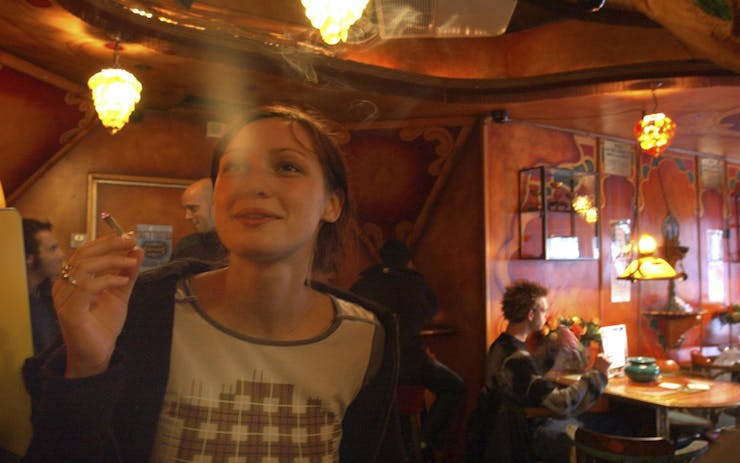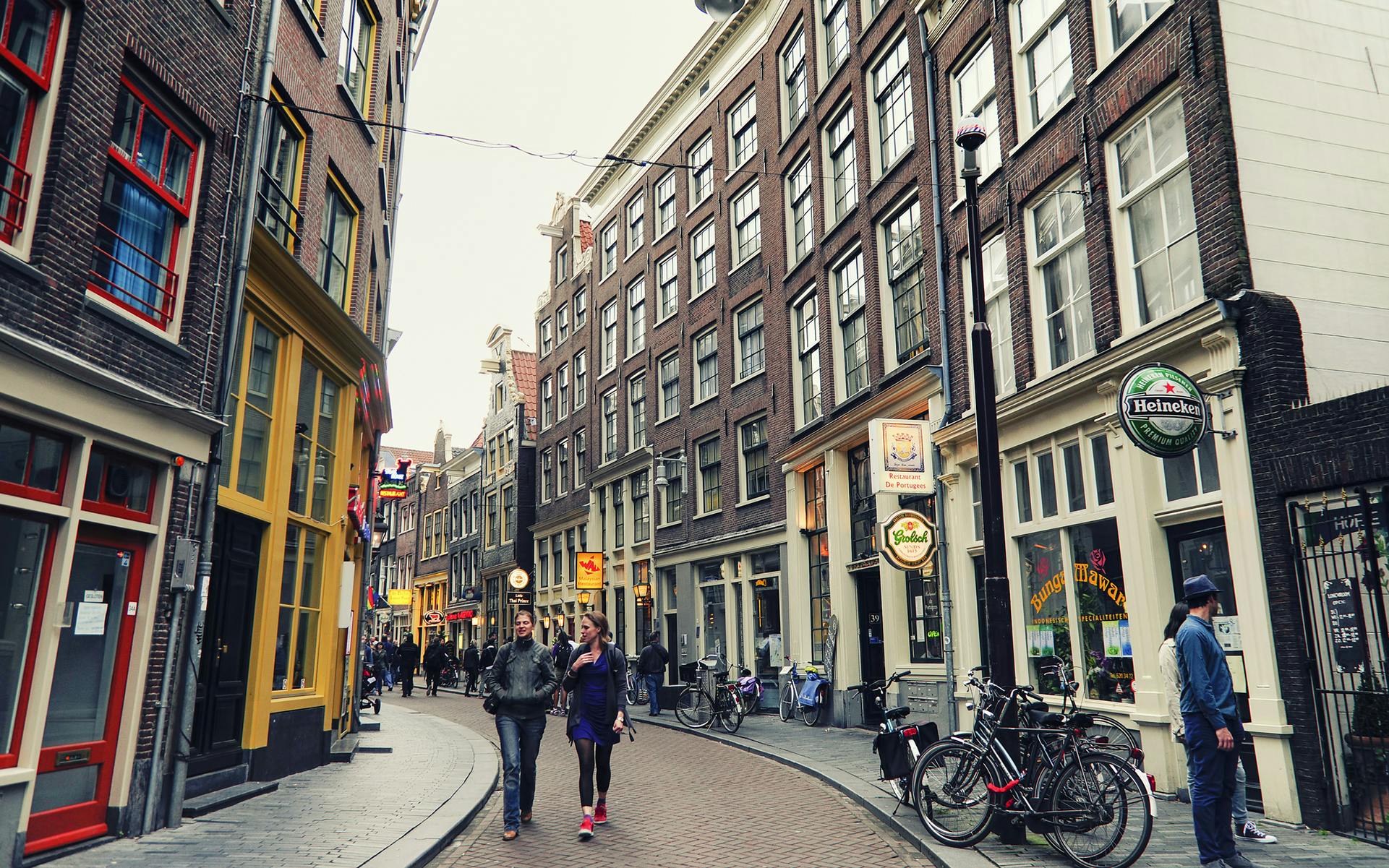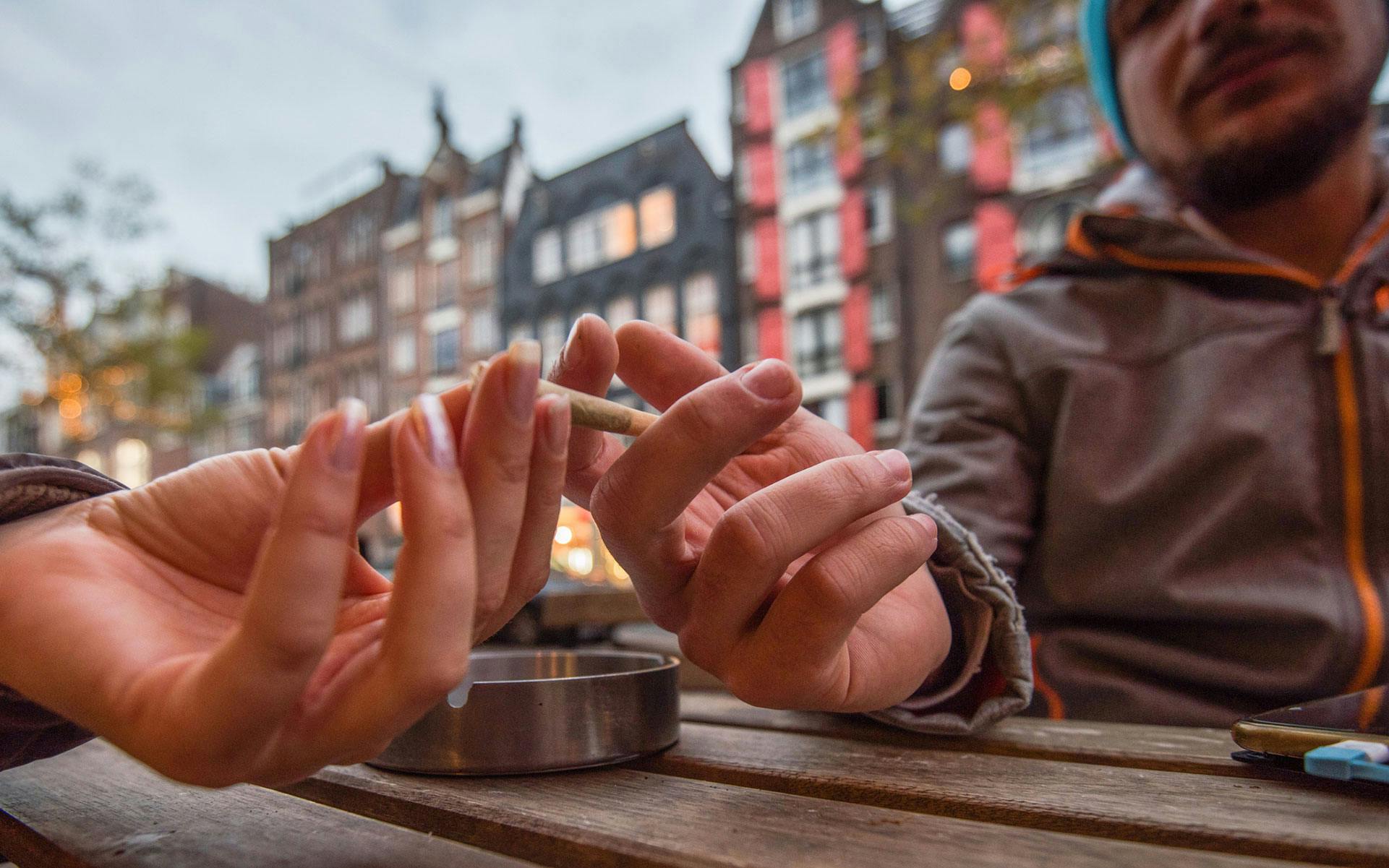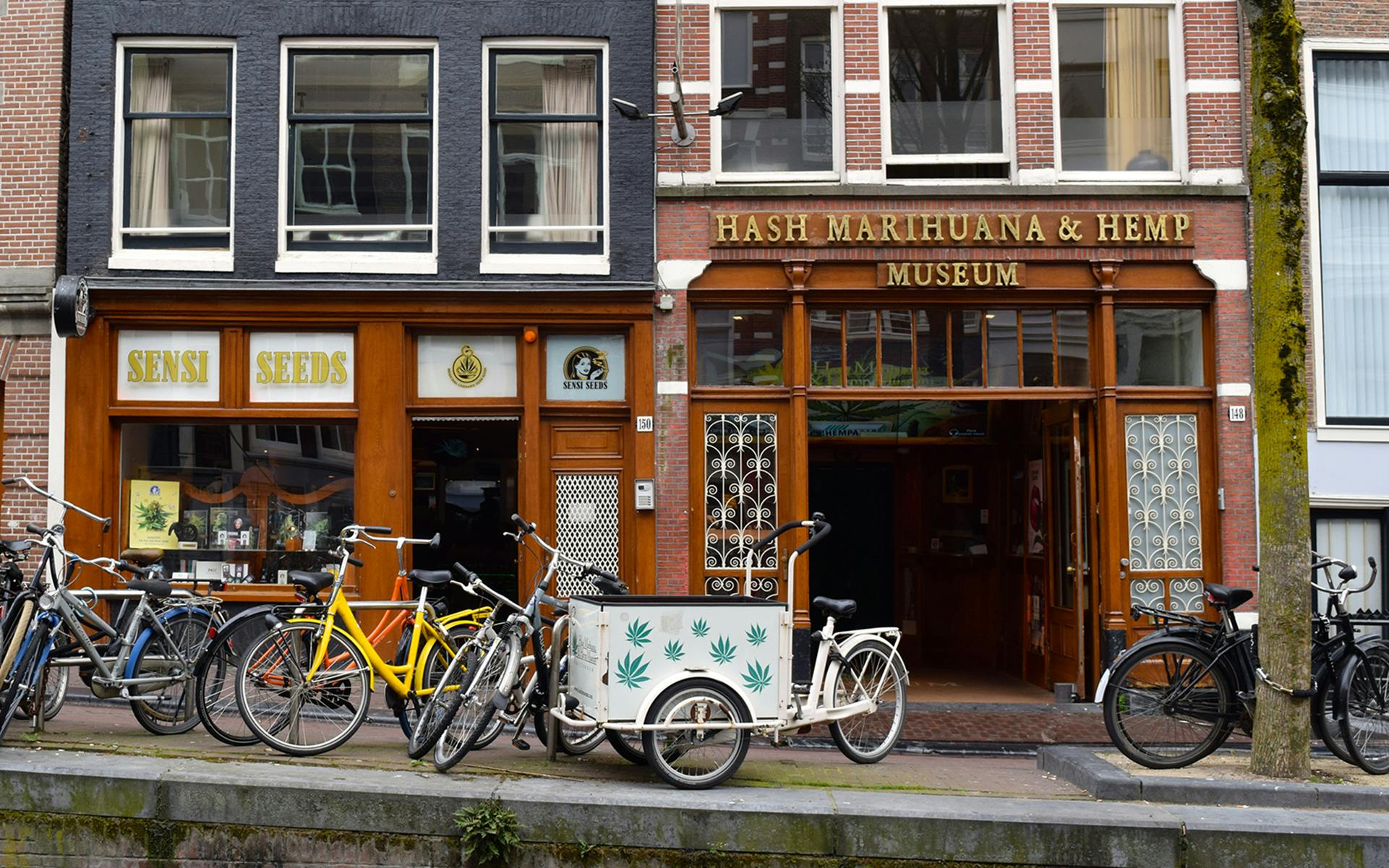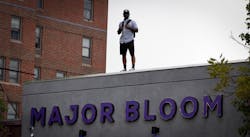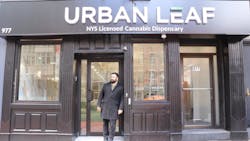Earlier this month the New York Times published an article with this alarming headline: In Amsterdam, Getting High at Coffee Shops May Soon Be for Locals Only.
Equally alarming was the article’s second paragraph, which explain what’s happening in a way that was both factually accurate and wholly misleading:
The mayor of Amsterdam, Femke Halsema, [has] proposed a plan expected to be passed by the city that would only allow marijuana products to be sold to Dutch nationals and residents of the Netherlands. Ms. Halsema wants to stop the flow of young tourists visiting Amsterdam just to smoke marijuana and to undermine the criminal organizations that control the drug trade.
Here’s what’s actually going on
What’s factual is that the mayor of Amsterdam did indeed make such a proposal, stating those exact reasons for doing so. And the proposal is likely to pass. But not through a vote of the City Council.
Instead, Halsema has asserted her unilateral power as mayor to move the plan forward, as reported by the Dutch newspaper Het Parool:
Approval from the municipal council is not necessary. In the field of safety, the mayor has an independent authority. If the police and the Public Prosecution Service continue to support the introduction of the resident criterion, Halsema can continue with the plans.
The mayor’s end-run around the City Council is necessary because the proposal would likely face stiff opposition there, enough to shoot it down. As has happened many times in the past—in Amsterdam and other Dutch cities—when similar attempts to ban tourists from coffeeshops have either been blocked from implementation entirely, or put in place only briefly before being reversed or ignored.
Tourist ban would be a ‘jackpot’ for street dealers
According to Derrick Bergman, a journalist, activist and chairman of the Netherlands-based Union for the Abolition of Cannabis Prohibition, that’s because pushing tourists out of the coffeeshops always backfires. (Full disclosure: Bergman is a regular editorial contributor to Leafly.) Unable to source what they seek in a regulated, retail environment, tourists will inevitably give their money to roving street dealers who also peddle cocaine, opioids and other more dangerous drugs.
All of which will be consumed in public, with 100% of the proceeds going to the very same illicit criminal organizations the tourist ban is supposed to subvert.
“For dealers,” Bergman says, “the tourist ban is the Mega Jackpot.”
Similar bans go unenforced in other cities
Bergman also charges the mayor and other backers of the proposal with misleading the public by claiming that a tourist ban already exists in most of the rest of the Netherlands. When a report from research firm Breuer & Intraval shows that no more than seven of the nation’s 102 coffeeshop municipalities currently enforce such a ban.
“The residence criterion is not practically enforced in Rotterdam, The Hague, Utrecht, Groningen and dozens of other cities,” Bergman says. “Pretending that Amsterdam will now enforce such a rule ‘like everyone else’ is a distortion of reality.”
Not that you’d know any of this from reading the New York Times, which went 14 paragraphs deep before presenting a single dissenting voice. And then the reporter only quoted a coffeeshop owner in passing, as he rather sensibly wondered if alcohol—not cannabis—might be the real culprit when it comes to rowdy tourists.
The politics of moral symbolism
Tim Verlaan, an assistant professor of urban history at the University of Amsterdam, was recently quoted at length in a Washington Post article detailing how the coronavirus lockdown has offered Amsterdam residents a dramatic break from rampant over-tourism, leaving many looking for ways to systematically address the problem post-pandemic.
“Before the corona crisis,” Verlaan said, “you often heard people say that the constant growth of tourism was like a force of nature: unstoppable. But it has, of course, been a matter of policy.”
Booze creates rowdies, not weed
So does that mean those opposed to disruptive tourism should support the coffeeshop resident criteria?
Not according to Verlaan, who agrees that alcohol is far more to blame for anti-social behavior than cannabis.
And yet nobody’s suggesting banning tourists from the city’s more than 1,000 bars and pubs.
“I don’t know if you’ve ever smoked a joint yourself?” Verlaan recently asked the hosts of the Dutch radio program With a View to Tomorrow. “A satisfied smoker is not a troublemaker. So this is all moralistic symbolic politics carried out by the mayor. If you want to tackle the problem, try limiting the growth of budget flights [to Amsterdam], reducing the number of hotel rooms and doing something about the holiday rentals.”
A tourist attraction is a problem?
To justify her scapegoating of cannabis coffeeshops, Mayor Halsema consistently points to a single survey—also referenced by the New York Times—that showed “57 percent of foreigners visiting the center of Amsterdam say that visiting a coffee shop is a ‘very important reason’ for their visit.”
Unmentioned is that only 22% cited cannabis as the main reason for their visit, never mind their only reason. And the fact that this survey—funded and conducted by the city, presumably in an effort to discredit coffeeshops—took place entirely inside the Red Light district. Which is home to a vastly disproportionately high concentration of coffeeshops compared to the rest of the city center.
Coffeeshops trying to survive the pandemic
Over the last twenty years, bureaucratic efforts to rein in coffeeshops have already brought the number in Amsterdam down from 283 to the 166 currently in operation—all of which have been offering take-out only during the pandemic.
Under Mayor Halsema’s plan, that number would be slashed to just 66, with the remaining coffeeshops transitioned out of the current grey market and into a new fully legalized and regulated system for cannabis cultivation and distribution. Ironically, the mayor’s own party, the GroenLinks (or Green Left) Party, has been at the forefront of a national push to move coffeeshop operators and suppliers out of the shadows and into full legal compliance.
While Amsterdam has long been an international beacon of “legalized cannabis,” what few people understand is that the entire coffeeshop system originated as an act of mass civil disobedience, and remains to this day technically outside the law—as detailed in Leafly’s comprehensive history of how the Dutch spread cannabis around the world:
Starting in 1964, the Dutch Provo movement (short for “provocateurs”) used a mix of street performances, subversive art, and impromptu political demonstrations to take on a system run by “despicable plastic people,” and push for a series of progressive reforms that included immediate cannabis legalization….
By 1969, the Dutch authorities had issued enforcement guidelines prioritizing police to not enforce laws against cannabis possession. Then in 1972, a Dutch student named Wernard Bruining and some friends exerted squatter’s rights over an abandoned bakery and transformed it into Mellow Yellow, a teahouse on a small side street that soon drew crowds for its steady supply of cannabis, which could be purchased from an employee posed as a customer.
Don’t scrap your post-pandemic vacation plans
So where does that leave things?
As reported in the New York Times and subsequently around the world, Amsterdam’s proposed tourist ban for cannabis coffeeshops may go into effect sometime in 2022. But that’s far from certain. And even if the ban does go into effect, it likely won’t last long.
That’s because the results would likely be disastrous, not just for the city’s residents and the tourists who visit, but for the coffeeshops themselves, which rely on foreign visitors to turn a profit. The only real winners would be street dealers and their criminal backers, as noted by Dutch television reporter Gerri Eickhof, in a segment broadcast out front of Amsterdam’s Jolly Joker coffee shop.
“I have lived in this area for a long time,” Eickhof told viewers, “and can still vividly remember how in the past almost every tourist under 40 was pounced on by street vendors hissing ‘drugs for sale.’ There was a lot of crime behind this. The problem largely disappeared when the coffee shops were regulated, with the explicit provision that foreigners were also welcome. And critics of this new plan now fear that if it goes through, that old problem will return.”
